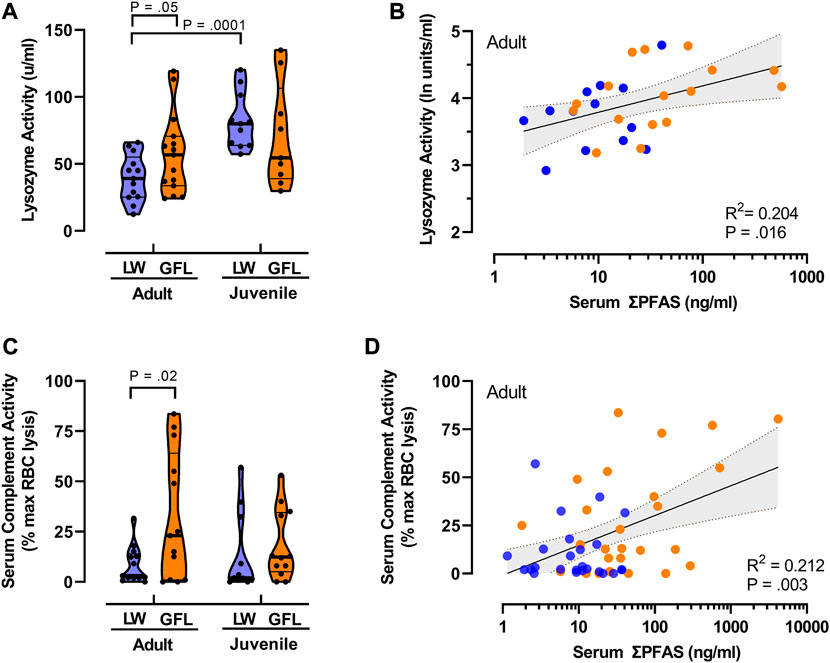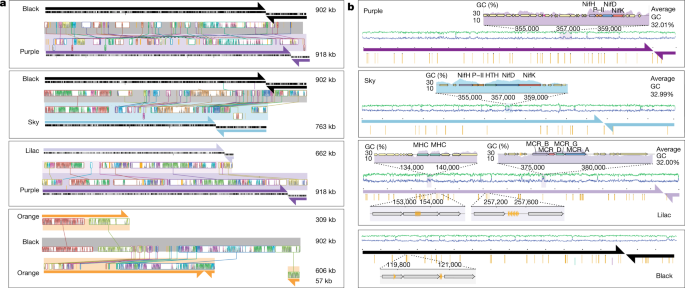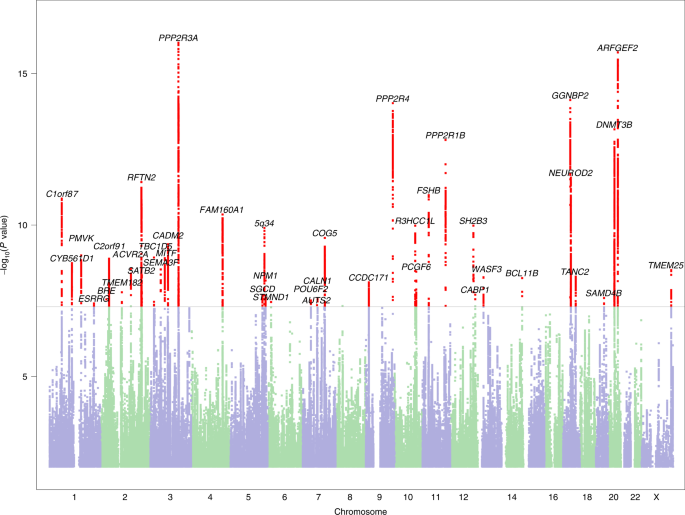2022-10-20 ノースカロライナ州立大学(NCState)
研究チームは、2018年から2019年にかけて、ケープ・フィア川沿いに生息する49匹のワニについて血液サンプルを採取し、健康評価を実施した。彼らはこれらの結果を、隣接するランバー川流域にあるワッカモー湖の26匹のワニからなる参照集団と比較した。
ケープ・フィア・リバーのサンプルからは平均10種類のPFASが検出されたのに対し、ワッカモー湖のサンプルからは平均5種類のPFASが検出された。
さらに、ナフィオン副産物 2 などのフルオロエーテルの血中濃度は、ケープ・フィア・リバー流域のワニでは高濃度でしたが、ワッカモー湖のワニではかなり低いか、あるいは検出されなかった。
データは、ウィルミントンからボールドヘッドアイランドに下るにつれて、PFASの濃度が全体的に減少していることを示していた。
qRT-PCR遺伝子分析によって、ケープ・フィア・リバーのアリゲーターのインターフェロンα(INF-α)応答遺伝子のレベルが著しく上昇していることが明らかになった。そのレベルは、PFASの血中濃度がずっと低かったワッカモー湖のアリゲーターのレベルの400倍もあった。
<関連情報>
- https://news.ncsu.edu/2022/10/alligators-exposed-to-pfas-show-autoimmune-effects/
- https://www.frontiersin.org/articles/10.3389/ftox.2022.1010185/full
ノースカロライナ州ウィルミントンのアメリカアリゲーターにおけるパーおよびポリフルオロアルキル物質の血中濃度と自己免疫様作用の関連性
Blood concentrations of per- and polyfluoroalkyl substances are associated with autoimmune-like effects in American alligators from Wilmington, North Carolina
T. C. Guillette, Thomas W. Jackson, Matthew Guillette, James McCord and Scott M. Belcher
Frontiers in Toxicology Published:20 October 2022
DOI:https://doi.org/10.3389/ftox.2022.1010185

Surface and groundwater of the Cape Fear River basin in central and coastal North Carolina is contaminated with high levels of per- and polyfluoroalkyl substances (PFAS). Elevated levels of PFAS have also been found in blood of fish and wildlife from the Cape Fear River, and in the blood of human populations reliant on contaminated well or surface water from the Cape Fear River basin as a source of drinking water. While the public and environmental health impacts of long-term PFAS exposures are poorly understood, elevated blood concentrations of some PFAS are linked with immunotoxicity and increased incidence of some chronic autoimmune diseases in human populations. The goal of this One Environmental Health study was to evaluate PFAS exposure and biomarkers related to immune health in populations of American alligators (Alligator mississippiensis), a protected and predictive sentinel species of adverse effects caused by persistent toxic pollutants. We found that serum PFAS concentrations in alligator populations from the Cape Fear River were increased compared to a reference population of alligators from the adjoining Lumber River basin. The elevated serum PFAS concentrations in the Cape Fear River alligators were associated with increased innate immune activities, and autoimmune-like phenotypes in this population. In addition to evidence of significantly higher double stranded-DNA binding autoantibodies in adult Cape Fear River alligators, our qRT-PCR analysis found remarkably high induction of Interferon-α signature genes implicated in the pathology of human autoimmune disease. We interpret the association of increased PFAS exposure with disrupted immune functions to suggest that PFAS broadly alters immune activities resulting in autoimmune-like pathology in American alligators. This work substantiates and extends evidence from experimental models and human epidemiology studies showing that some PFAS are immune toxicants.


